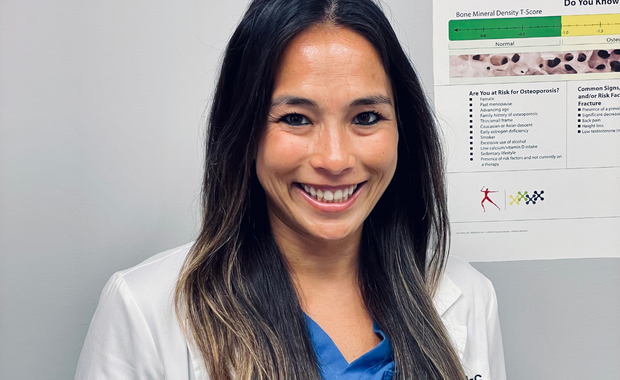Career Resources
Specialty Transitions: Researching the Best Options for You
PA Career Coach Jennifer Hohman frequently works with clients who are considering changing their specialty. Find out how she helps her clients find the right specialty for them through careful self-assessment, research, and networking.
Interviewing in Different Formats: Insights for a Great Meeting
Preparing for a virtual interview is very similar to preparing for an in-person interview, but there are special considerations. Read on to learn how Jennifer Hohman, the PA Career Coach, advises her clients to prepare for a virtual interview, and why you should schedule a practice call with a trusted friend before the big day.
Applying to PA School: How to Choose the Right Program
Deciding what PA programs to apply to can be a challenge. It’s important for prospective students to select programs that meet their educational desires and complement their strengths. Follow our top tips for evaluating programs and earn your seat in the next PA cohort.

PAs in Administration Offer Advice for Expanding Leadership Skills
An AAPA Huddle Ask Me session called on two experienced PAs to answer questions on developing leadership skills, knowing when to obtain an additional degree, and the advantages and disadvantages of various administration roles.

How to Overcome Struggles in Family Medicine
In an AAPA Huddle Ask Me session, two experts with years of experience in family medicine answered questions on increasing the number of PAs in the field, the benefits of getting involved in the community, and how to negotiate for better conditions for PAs and their patients.
Taking A Sabbatical
PAs report high job satisfaction but also suffer from burnout, which can take extended periods to fully recover from. Taking a sabbatical from the profession has many benefits and can help foster burnout recovery.
Surgery
Surgery is one of the most popular PA specialties – approximately a quarter of the U.S. PA workforce practices in surgery! In addition, more and more PAs are entering the surgical field, helping to ease provider shortages and representing a larger trend towards team-based care in the operating room.
Dermatology
Are you interested in practicing in a busy specialty with predictable hours that also offers a nice work-life balance? Dermatology offers PAs the opportunity to evaluate, diagnose, and treat a wide variety of skin-related health conditions, both medically and surgically.
Mental Health and Psychiatry
Mental health disorders, as well as the physical health complications associated with them are on the rise – and are expected to continue to grow even more over the next twenty years. PAs can play a unique role in combatting the mental health crisis that affects communities across the United States.
PA Investment Opportunities
You may be familiar with terms like 401K, Roth IRA, employer match, and Health Savings Account, but are you confident you know how to leverage these savings opportunities effectively? In this article, PA 4 Finance Founder, Andrew Baker, shares his advice on kick-starting your savings and calculating your personal risk tolerance.
Ethical Guidelines for the PA Profession
AAPA has developed ethical guidelines for the PA profession that offer a framework for your decision-making.
Personal Finance for PAs
No matter where you are in your PA career, it’s beneficial to have a basic knowledge of saving, debt management, and use of credit. Gain insight, strategies, and tools to meet your financial goals with the help of these AAPA and partner resources.
Practice Partnership and Ownership
Owning a practice or other healthcare business is complex and can present special challenges for PAs. The following information can help you decide whether practice partnership or ownership is right for you.

A Day in the Life of a Rheumatology PA
As a PA practicing in rheumatology, Lindsay Tom, PA-C, treats a wide variety of rheumatology conditions. In this specialty, she helps return quality of life for patients in pain – and her clinical work includes radiology, procedures, and assisting in the infusion suite.
Is Locums work a good option for you?
Practicing in a locum tenens position is a uniquely flexible way to explore a new location, expand your practice, make professional connections, and stay clinically active between longer-term positions.

